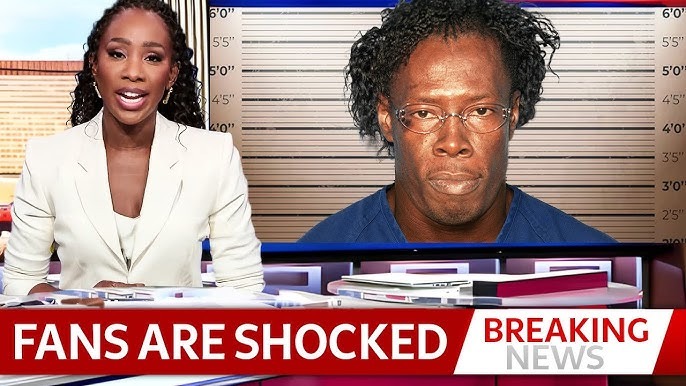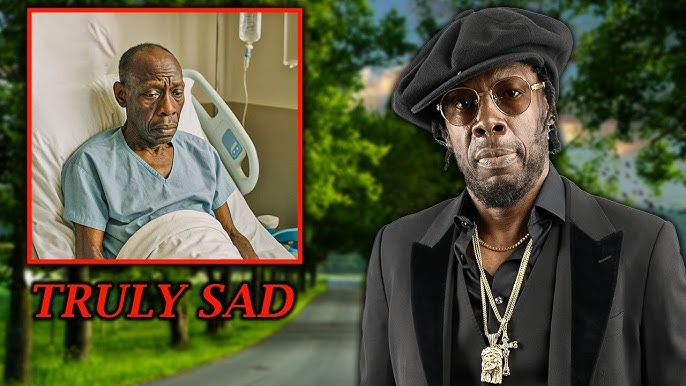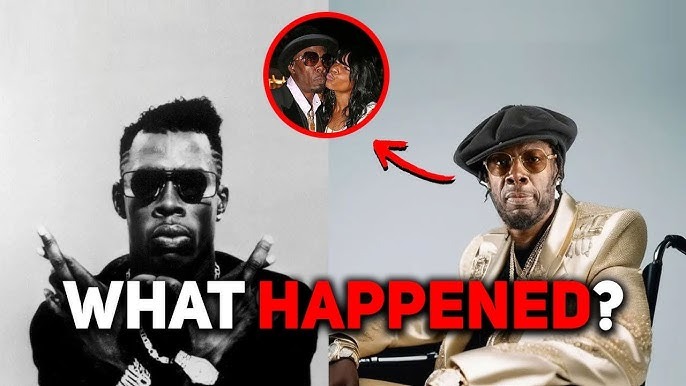# Shabba Ranks: The Shocking Secret That Ended a Dancehall King

Shabba Ranks, born Rexton Gordon, was once the undisputed king of dancehall, rising from Kingston’s rough streets to international stardom in the late 1980s. With his gravelly voice and commanding presence, he transformed the genre, blending raw Jamaican rhythms with global appeal. His 1991 album *As Raw as Ever* earned the first Grammy for a dancehall artist, followed by another win in 1992 for *X-tra Naked*.
Tracks like *Mr. Loverman* dominated MTV, packaging Jamaican masculinity for the world. Collaborations with artists like Maxi Priest and KRS-One cemented his crossover success, making him a household name. By 1992, Shabba was at his peak, a cultural icon proving dancehall could conquer mainstream markets.
However, his meteoric rise came with intense scrutiny. As his fame grew, activists in New York and London began dissecting dancehall lyrics, focusing on homophobic content. Organizations like the Gay and Lesbian Alliance Against Defamation (GLAAD) had been monitoring reggae since the late 1980s, but Shabba’s mainstream success made him a prime target.

His lyrics, uncontroversial in Jamaica, sparked outrage abroad, especially as they reached suburban America. Epic Records, nervous about potential backlash, knew they were sitting on a time bomb.
The explosion came on December 4, 1992, during a live British TV show on Channel 4’s *The Word*. Producers, sensing ratings gold, crafted a segment on homophobia in reggae, spotlighting Buju Banton’s controversial song *Boom Bye Bye*.
They asked Shabba, who arrived carrying his Bible, for his thoughts on the track. Unwavering, he defended it with biblical justification, stating that man should multiply through male-female relationships and suggesting harsh punishment for others.
His words, meant as religious conviction, were interpreted as advocating violence. Host Mark Lamarr sharply rebuked him, calling it “absolute crap,” turning the show into a live ideological clash.
The fallout was immediate and devastating. Within 72 hours, the Village Voice ran a damning front-page story. GLAAD mobilized, pressuring venues, radio stations, and record stores to blacklist Shabba. Major appearances on *The Tonight Show* and tours with Bobby Brown were canceled.

Epic Records watched their investment crumble as Shabba became untouchable in mainstream entertainment. A 1993 apology failed to salvage his career; Jamaican fans felt betrayed, while activists deemed it insincere. His 1995 album *A Mi Shabba* flopped, and by 1996, Epic dropped him.
Shabba’s downfall was a cautionary tale for dancehall. Other artists faced similar bans, but his prominence made him the symbol of the controversy. While hip-hop artists with comparable content often escaped such scrutiny, Shabba’s televised moment provided undeniable evidence for activists.
Today, living quietly in New York with his family, Shabba Ranks remains a memory of a dancehall king whose unshakable beliefs cost him everything. His biggest secret? Choosing authenticity over compromise in an industry that demanded conformity.

